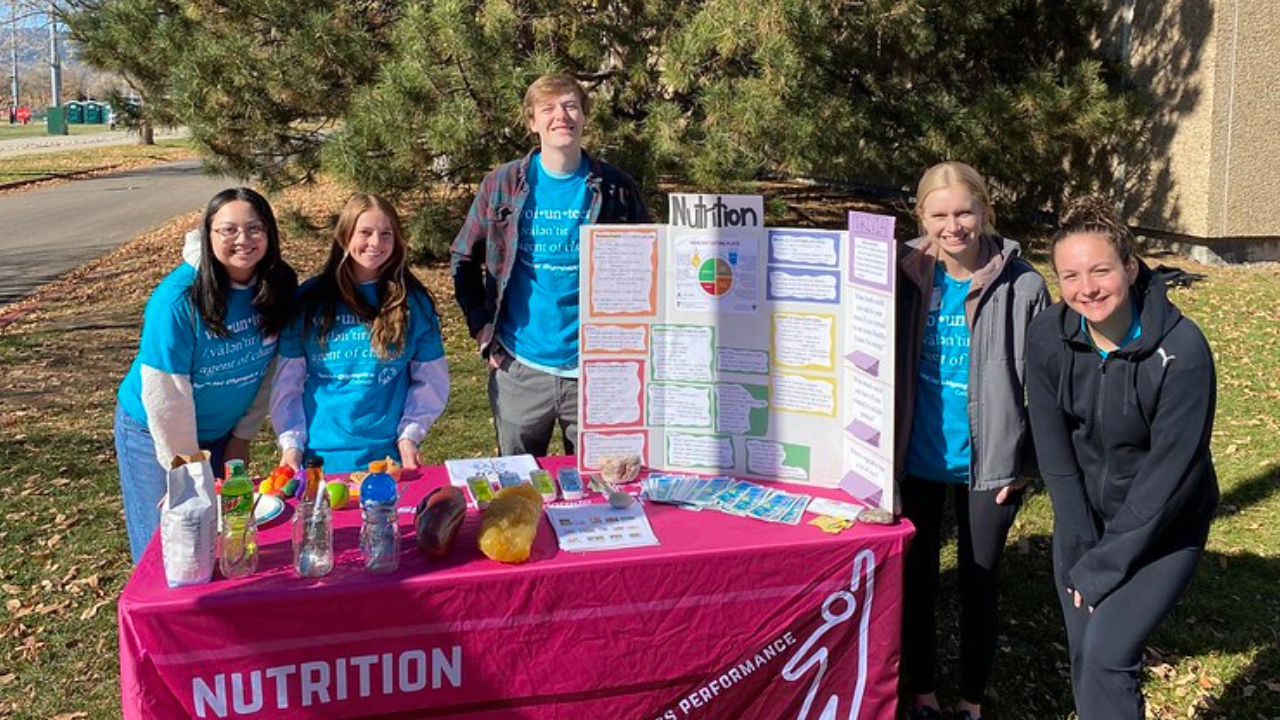Nourishing Your Child with Food Sensory Aversions
Adequate nutrition may be challenging for young children, with or without an intellectual or developmental disability (IDD). Without properly managed nutrition, they are at risk for poor health status and future complications like obesity/overweight, vitamin deficiencies, poor growth/development, cardiovascular disease, diabetes, and high blood pressure.
We have all heard the term “Picky eaters” but it’s not always that simple. Many children, with or without IDD, face sensory aversions when it comes to food. While healthy eating in childhood is critical for maintaining overall health it may seem impossible to provide food choices your sensory averse eater will enjoy.
Here are a few tips for helping your sensory averse eater:
- Get to know their sensory aversions. For some it’s temperature, for others it’s texture, and it can even be color. When you start to understand your child’s aversion it’s easier to provide meals they’ll eat. Do they love pasta but dislike hot foods – perhaps a cold pasta salad is the answer. If they love crunchy but not mushy consider granola instead of oatmeal.
- Make sure you have healthy sensory-friendly snacks on hand. Yogurt is great for kids that like cold and smooth textures. Raw veggies or nuts are just right for kids that like crunchy food.
- Making food fun. Involve your child in planning meals and snacks. Ask questions about what foods they would like to try and make a trying plate with new foods that fit their sensory preferences and see what works!
As you work to create a nutritious sensory friendly menu remember you’re not just preventing poor nutrition – you’re helping your child thrive.
Healthy nutrition in childhood can help to:
- aid in optimizing physical growth, bone development, and maturation.
- increase alertness, energy, and stamina to participate in sport, therapies, educational activities, and social interactions.
- reduce the frequency of illnesses.
- improve feeding and coping skills, which increases independence.
For more information on how to build healthy habits and create inclusive communities for your children with or without intellectual and developmental disabilities check out Special Olympics Colorado’s Young Athletes.

